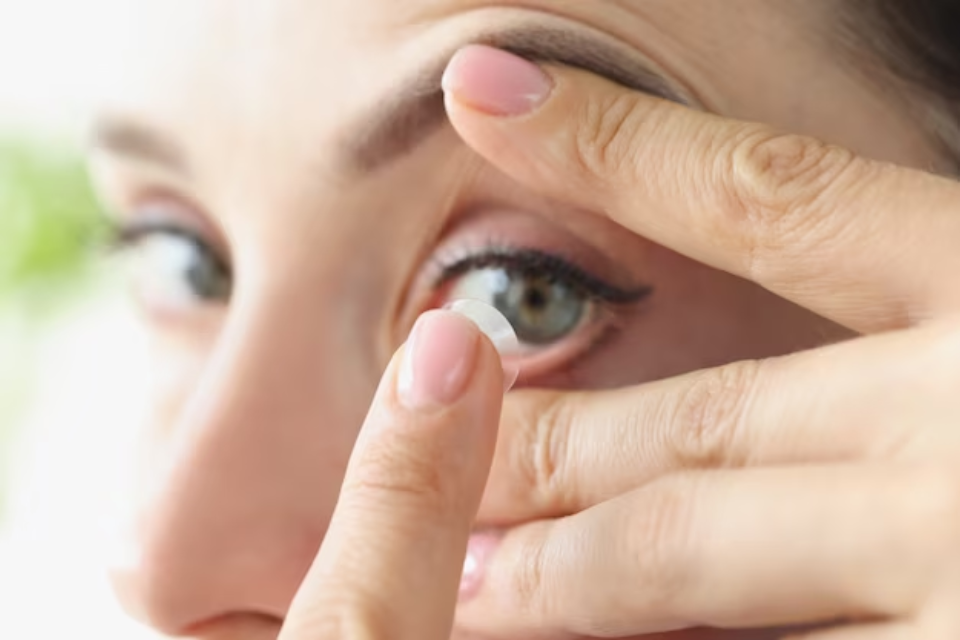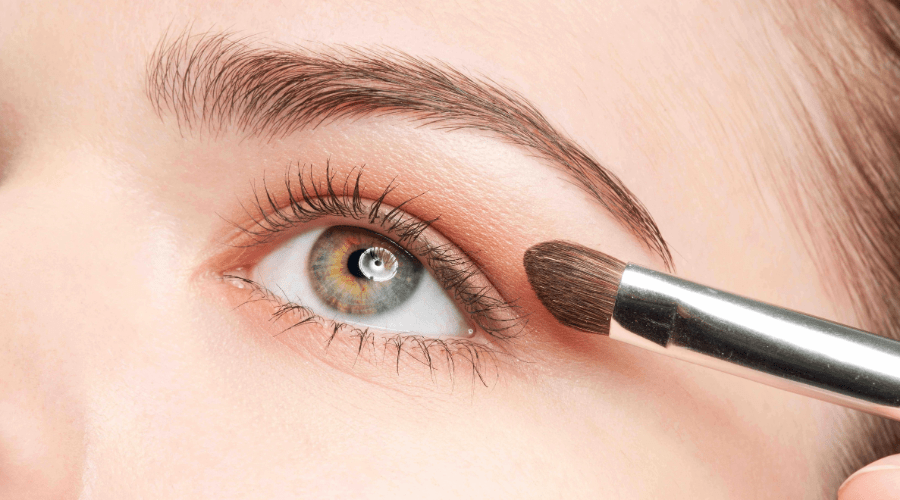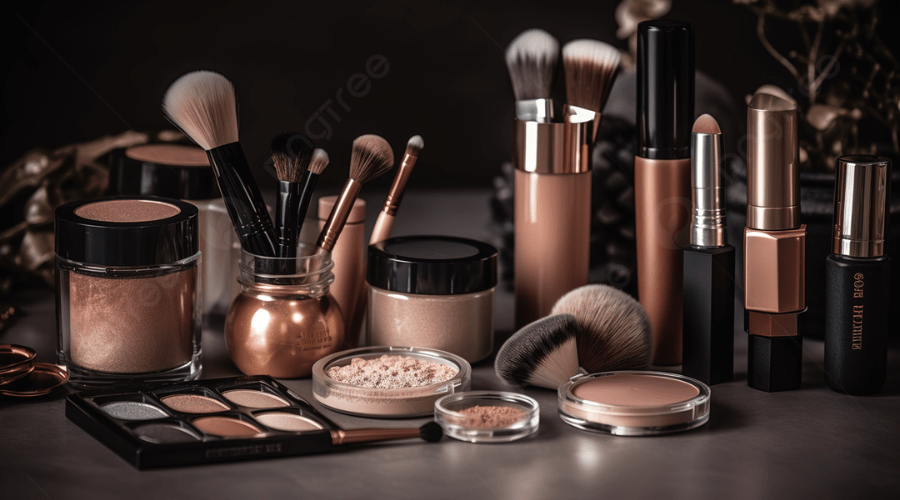
In a world that constantly emphasizes the pursuit of health and well-being, one word stands out as a cornerstone of a healthy lifestyle: hygiene. Hygiene is not merely the act of keeping oneself clean; it encompasses a broader spectrum of practices that contribute to overall health and well-being. In this comprehensive guide, we will delve into the various aspects of hygiene, exploring its significance and offering practical tips for maintaining a high standard of cleanliness in our daily lives.
The Fundamental Role of Personal Hygiene
Personal hygiene is the most basic and fundamental aspect of maintaining a healthy lifestyle. It involves practices that individuals can adopt to preserve their own cleanliness and well-being.
Daily Bathing and Skin Care
One of the primary components of personal hygiene is regular bathing. A daily shower helps remove dirt, sweat, and bacteria from the skin, preventing skin infections and unpleasant odors. Additionally, proper skin care, such as moisturizing and exfoliating, contributes to skin health.
Oral Hygiene for a Bright Smile
A radiant smile goes hand in hand with good oral hygiene. Brushing teeth at least twice a day, flossing regularly, and using mouthwash are essential practices to maintain oral health. Poor oral hygiene can lead to cavities, gum disease, and even systemic health issues, emphasizing the interconnectedness of hygiene and overall well-being.
Hand Hygiene – A Simple yet Crucial Practice
Our hands are constant carriers of germs, and proper hand hygiene is crucial in preventing the spread of infections. Regular handwashing with soap and water, especially before meals and after using the restroom, is a simple yet effective practice that significantly reduces the risk of illness.
Environmental Hygiene – Nurturing Clean Living Spaces
While personal hygiene is vital, environmental hygiene plays an equally important role in promoting health and preventing the spread of diseases. This aspect of hygiene focuses on maintaining clean and sanitary living spaces.
Cleanliness at Home
A clean home is a healthy home. Regular cleaning, dusting, and vacuuming help eliminate allergens and reduce the risk of respiratory issues. Paying attention to high-touch surfaces, such as doorknobs and countertops, is crucial in preventing the spread of germs within the household.
Proper Waste Disposal
Disposing of waste properly is a fundamental practice in environmental hygiene. This includes separating recyclables from non-recyclables, disposing of hazardous materials responsibly, and following community guidelines for waste disposal. By doing so, individuals contribute to the overall cleanliness of their surroundings and reduce the risk of environmental pollution.
Hygiene in Public Spaces
Maintaining hygiene extends beyond our homes into public spaces. Whether at work, in schools, or other communal areas, individuals play a collective role in preventing the spread of illnesses. Simple practices, such as cleaning shared equipment, practicing respiratory hygiene, and properly disposing of waste, contribute to a healthier shared environment.
Hygiene in Dietary Habits – Nourishing from Within
Hygiene is not limited to external practices; it also encompasses the cleanliness of what we consume. Proper hygiene in dietary habits is essential for preventing foodborne illnesses and ensuring overall health.
Food Handling and Preparation
Adopting good practices in food handling and preparation is crucial for preventing foodborne illnesses. This includes washing hands before cooking, separating raw and cooked foods, cooking meats thoroughly, and storing perishables at the right temperature. By following these guidelines, individuals contribute to the safety of their meals and the well-being of those who consume them.
Mindful Eating
In addition to the physical cleanliness of food, the concept of mindful eating is essential for overall health. This involves paying attention to portion sizes, savoring the flavors, and being aware of hunger and fullness cues. By practicing mindful eating, individuals can maintain a healthy weight and promote better digestion.
Hydration – The Elixir of Life
Proper hydration is a fundamental aspect of internal hygiene. Drinking an adequate amount of water daily supports bodily functions, aids digestion, and helps flush out toxins. By making hydration a priority, individuals contribute to the overall cleanliness of their internal systems.
Conclusion
Hygiene is a multifaceted concept that goes beyond the simple act of cleanliness. It encompasses personal habits, environmental practices, and dietary choices, all of which contribute to a holistic approach to health. By prioritizing hygiene in our daily lives, we not only protect ourselves from illness but also contribute to the well-being of our communities and the planet. As we navigate the complexities of modern living, let us remember that the simple act of maintaining hygiene is a powerful tool in the pursuit of a healthier and happier life.











